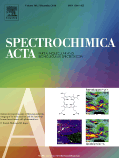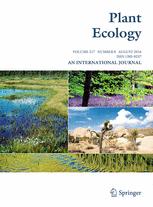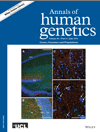 Earlier this month, BioMed Central and Springer announced that they were retracting nearly 60 papers for a host of related issues, including manipulating the peer-review process. Recently, we were contacted by one of the reviewers who was impersonated by some of the authors of the retracted papers.
Earlier this month, BioMed Central and Springer announced that they were retracting nearly 60 papers for a host of related issues, including manipulating the peer-review process. Recently, we were contacted by one of the reviewers who was impersonated by some of the authors of the retracted papers.
The scientist wants to remain anonymous, but provided us with emails that supported his version of events.
In case you need a refresher on the “events” that took place: The two publishers recently pulled 58 papers from authors mostly based in Iran, citing evidence of plagiarism, and manipulating the peer-review process and allocating authorship positions inappropriately.
It all started with a seemingly simple question, the scientist told us: Continue reading How fake peer review happens: An impersonated reviewer speaks
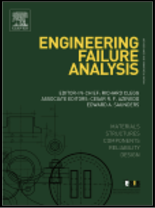
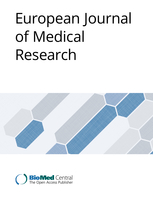
 In a massive cleanup, Springer and BioMed Central announced today they are retracting 58 papers for several reasons, including manipulation of the peer-review process and inappropriately allocating authorship.
In a massive cleanup, Springer and BioMed Central announced today they are retracting 58 papers for several reasons, including manipulation of the peer-review process and inappropriately allocating authorship. No country is immune to misconduct — but some are being more proactive than others.
No country is immune to misconduct — but some are being more proactive than others.